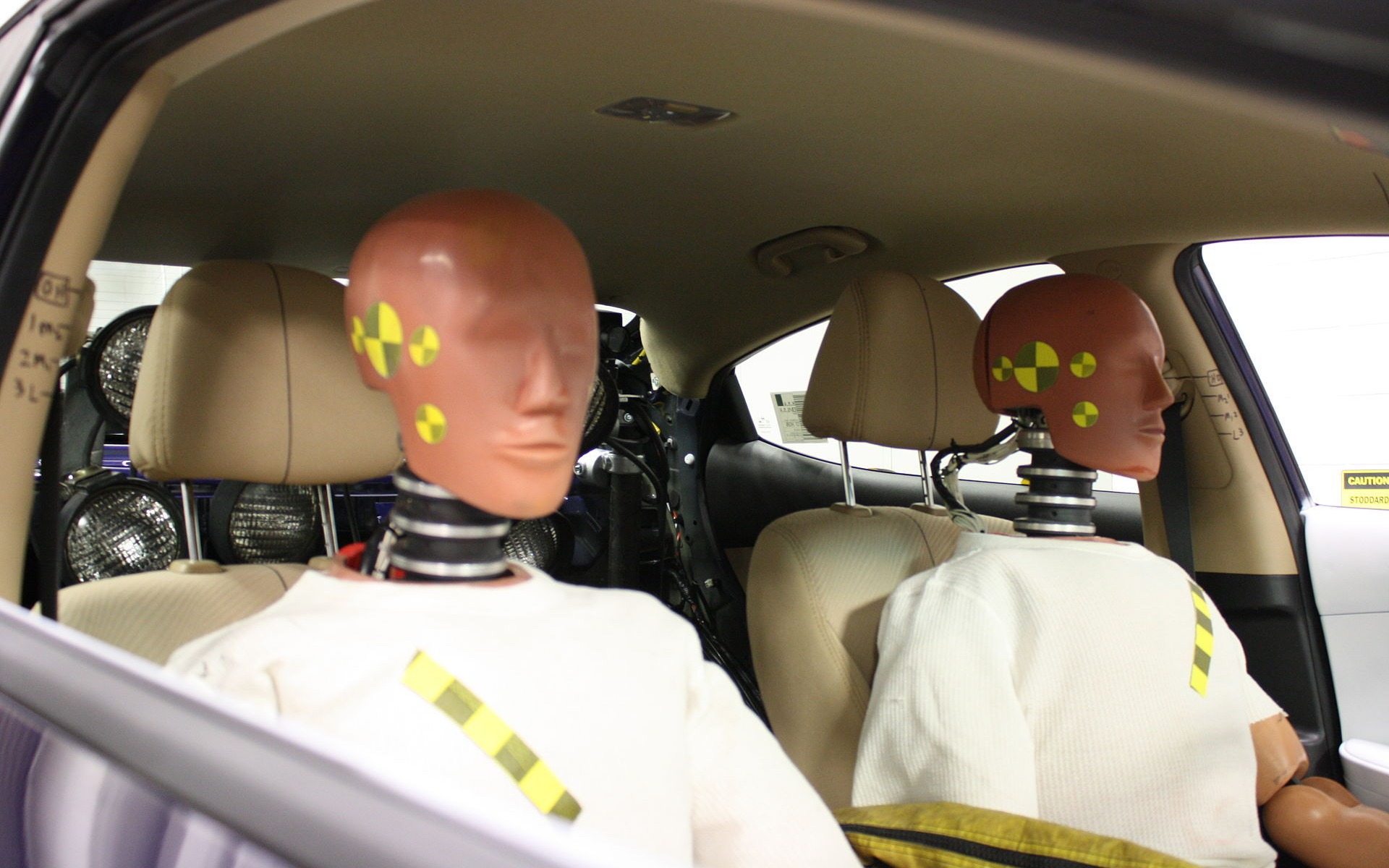2014: Year Of The Recall
To the Chinese, 2014 was the Year of the Horse. To anyone living in Canada, it was also the Year of the Recall. Perhaps more so than the unintended acceleration fiasco that plagued Toyota a few years back, the General Motors ignition switch recall proved to us that not only could millions upon millions of automobiles be affected by the exact same safety issue - one related to an inexpensive component in the steering column - but that maybe, just maybe, huge corporations might not always be forthcoming about how much they knew about these problems before they went public.
Something else that underlined the GM ignition recall was just how unprepared the company was to deal with it. Numerous owners were sent letters informing them that their vehicles were affected, but that there was no fix ready for the problem. This meant driving around under a cloud of uncertainty and anxiety, not knowing whether the recommended action of removing as many items from your keychain as possible (to prevent it falling out of the ignition and stalling the vehicle) would be enough to avoid a potential accident. Some people, such as myself, weren't even informed of the issue - my car, although implicated in the recall, was imported from the U.S. and therefore escaped GM Canada's notice.
Further compounding our recall weariness in 2014 was the revelation that Takata, a company that, among other things, manufactures airbag components for almost every automaker in the industry, had built millions of inflators that were failing in fatal fashion. Blaming 'humid environments' for the deaths associated with its airbags sending shards of metal and other assorted nastiness into the bodies of victims when they were activated, it soon became clear that the list of popular models not affected by the Takata recall was shorter than those that were. Again: a company completely unprepared for repairing the damage that had been done by one of its products, and a problem made worse by Takata's third-party status as an automotive supplier and accusations that both Takata and Honda knew prior to the NHTSA that passengers were being killed by these airbags - as early as 2004, according to the New York Times - but chose not to let the American federal regulator in on the issue.
Cars are complex. Parts will fail. But I'm not going to absolve the industry's players of their responsibilities to public safety with these easy platitudes. The only thing worse than a major safety issue affecting millions of cars is a company knowing about the problem but choosing - for whatever reason, legal or financial - to sit on its hands and avoid shining a spotlight on the issue. Sunlight is the best disinfectant, and the only way to avoid repeating these serious errors in the future and creating a culture of cover-up is to deal with them quickly, and publicly. Let's hope that 2015 turns out to be the Year of Transparency.







